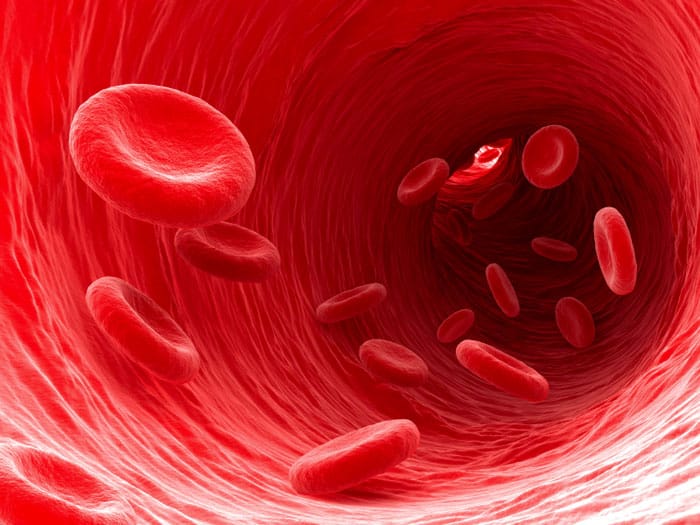Dressler's syndrome (post myocardial infarction syndrome)
Last updated 17/03/2020 by The pain clinics - Interdisciplinary Health
<< Autoimmune diseases
Dressler's Syndrome (pmyocardial infarction syndrome)
Dressler's syndrome, also known as post-myocardial infarction syndrome, is an autoimmune inflammatory response in which the body attacks its own antibodies following a heart attack. Dressler's syndrome occurs after as many as 7% of all heart attacks.
Symptoms of Dressler's Syndrome
The most common symptoms of Dressler 's syndrome are fever, pleurisy (peritonitis), pericarditis and / or pericardial effusion.
Clinical signs
As mentioned above under 'symptoms'.
Diagnosis and cause
The diagnosis is made through a series of examinations and a thorough medical history. It is important to distinguish between the differential diagnosis of pulmonary embolism, which can occur in the same way as Dressler's syndrome.
Who is affected by the disease?
The disease affects 7% of those who have had a recent heart attack.
Treatment
The most common form of treatment is with high doses of aspirin. Frequent use of NSAIDS has been discontinued, as new guidelines do not recommend these drugs for people who have had a heart attack.
Also read: - Complete overview of autoimmune diseases
Read also: Study - Blueberries are natural painkillers!

Also read: - Vitamin C can improve thymus function!
Also read: - New Alzheimer's treatment restores full memory!
Also read: - 8 tips for quicker treatment of tendon damage and tendonitis
 Follow Vondt.net on YOUTUBE
Follow Vondt.net on YOUTUBE
(Follow and comment if you want us to make a video with specific exercises or elaborations for exactly YOUR issues)
 Follow Vondt.net on FACEBOOK
Follow Vondt.net on FACEBOOK
(We try to respond to all messages and questions within 24-48 hours. We can also help you interpret MRI responses and the like.)











Leave a reply
Want to join the discussion?Feel free to Contribute!